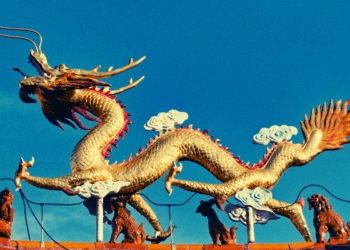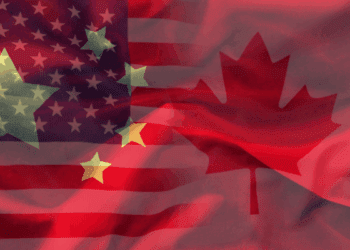Every day, dozens of unmanned aerial machines stalk the skies of Afghanistan and Pakistan. Guided by unseen hands operating consoles thousands of kilometres away, these drones are at the frontline of the offensive war against al Qaeda, the Taliban and their friends and allies. Carrying a deadly arsenal, the drones have become the preeminent military tool for locating, tracking, and carrying out targeted strikes against terrorist leaders and facilitators.
While a normatively and legally thorny tactic, targeted killings and drone attacks have more than doubled since President Obama took office. That has a lot to do with continuous technological improvement to drone warfare and the steep rise in the actual number of these aircraft now available for theatre service. But it also reflects a widening belief in Washington and elsewhere that the targeting and killing of individual terrorist leaders is an effective strategy in the Global War on Terrorism.
Last week, I published a journal article on the subject, titled, “Targeted Killings in Afghanistan: Measuring Coercion and Deterrence in Counterterrorism and Counterinsurgency“. Appearing in Studies in Conflict & Terrorism, my findings suggest that the repeated targeting and killing of Taliban leaders degraded the organization’s professionalism, diminished the group’s terrorist success rates, influenced the selection of future terrorist targets, and weakened group moral. When done carefully, targeted killings can be an effective counterterrorism strategy.
That doesn’t mean, however, that all questions are laid to rest.
If the drones are here to stay, more research needs to be done, and quickly. In my view, here are the critical questions:
- What are the effects of failed targeted strikes? Are terrorists emboldened when they get away?
- What are the costs in social anger and potential terrorism recruitment of inadvertently killing civilians in leadership strikes?
- In selecting potential targets, who decides what name makes the list? Does the selection process adhere to the necessary oversight procedures?
- Is it just, ethical, or moral for states to employ coercive punishment against individuals?
- How wide should the United States and its allies draw the circle around Osama bin Laden, Ayman al-Zawarihi, and other members of al Qaeda’s central leadership?
- Should states target only the “ticking bombs” — those actively planning acts of violence — or are individuals who help prepare terrorist attacks — the “ticking infrastructure” — also legitimate targets?
- What about mid-level commanders? Financiers? State supporters? Religious legitimizers? Community leaders? Are they all legitimate targets?




